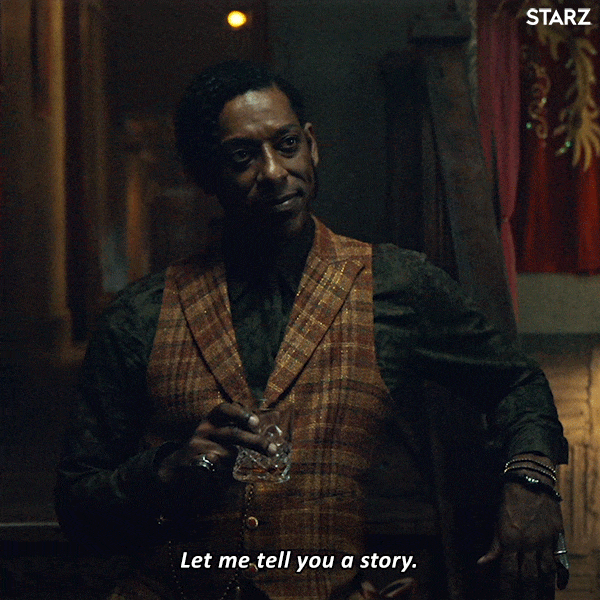26 April 2023 | People and Culture
“I’m letting everyone down”
By

My friend Craig (fake name) called me unexpectedly and started venting.
He felt like his life was falling apart. His team hated him. His wife said he was never there for him. He was working so many hours he didn’t have time for himself. And he was playing the worst golf of his life–this was added to the list like it was the straw that broke the camel’s back.
“My team can’t get anything done without me. I hired them as managers, and they still need someone to manage them. Nothing gets done if I’m not watching them.” He paused briefly and then continued, “I feel like I’m everyone down.”
He was doing a lot of great work, but he had small changes he could make that would make a big difference in his business and free up space for him to enjoy his life and his wife.
Fortunately, I had met with his team earlier in the week and had some context for the conversation. Here were the main concerns they brought up:
- Directions were never clear
- Priorities changed every week
- Standard operations tasks were weeks behind because they were overwhelmed
As I sat down with his operations manager, she scrolled through the project list he had for them. It had like 50 items for a team of 5. Her face turned red just scrolling through the list..
“What am I supposed to do?” she asked me. “I’m scared to answer the phone when he calls sometimes because I know he is going to drop me with another big idea I’m supposed to somehow make time for.”
Back to the conversation with Craig.
“I know you are struggling right now, but I need you to listen to me.”
He was silent long enough to let me know he was tuned in.
“You are getting in your own way. You have great ideas, but there are no priorities for your team. I’ve talked to them, they want to do good work but they need your help.. If I give you advice to help you start digging out of this hole, will you listen?”
“What am I supposed to do?”
“Stop telling your team what you need from them and start asking them what they need from you?”
“What are you talking about? I don’t pay them so I can work for them!”
“That’s your problem. You think that because you pay them, they are going to be able to read your mind. But they can’t. They are focused more on what they think you would want them to do than finding the best solution for a problem.”
“I pay them more than they’ve ever made in their lives. They need to start figuring it out.”
“But that’s not how people work. And you have no idea the problems they are having because you never take the time to listen. If you take the time to listen to them, you’ll get a clearer picture of what’s getting in their way.”
He sighed. I thought he might hang up.
“I am paying you to help me with my team, not give me more work. I don’t even have time for what I have on my plate right now.”
“This is what I’m trying to explain to you. You have to do all the work because your team isn’t getting it done. But you have no idea why they can’t get it done, so you can’t help them. And they don’t know what they don’t know.”
He mumbled a few curse words but didn’t respond, so I continued, “It’s frustrating for everyone involved. But especially you.”
“So I start asking my team what they need from me, and everything will just magically get better?”
“I mean, in a perfect world, yes. But you have some work to do in rebuilding trust. I’ll be honest, it might be too late to save everyone, but if you don’t make some changes quick you are going to lose everyone. The only way for you to know what is happening in your business is to make time to listen to your employees and your customers. Investing 30 minutes in your team will save you 30 hours down the road because you are creating people who can solve problems without you. Start by making time each week to ask them what they are working on and what they need from you.”
“You are right. I get it.”
My friend had great intentions, but he held his team back because he failed to see the impact of his actions or take time to understand their concerns. Vision and passion are important elements of effective leadership, but so is empathy. Without empathy, a team’s culture becomes toxic, and trust is lost–leading to resentment.
The unfortunate irony is that, in his pursuit of success, his blind spots created a self-inflicted barrier, obstructing his progress.
It’s common for executives to become completely out of touch with how frontline employees look and feel about them and their company.
Listen deeply. Your team will help you see your blind spots.